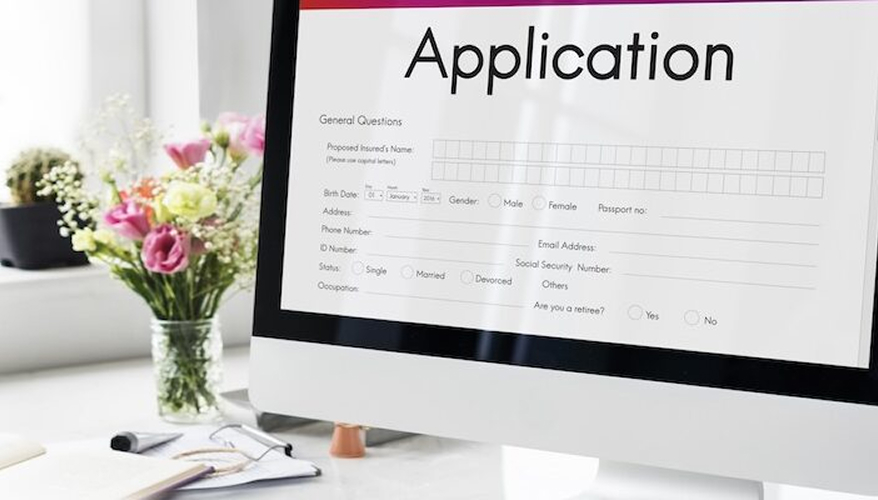Singapore, a bustling hub of business and innovation, attracts a diverse pool of talent from around the world. For many foreign professionals, securing a work pass is a key step toward advancing their careers in this dynamic city-state. One such pass, the S Pass, offers a gateway for mid-skilled workers to contribute to Singapore’s workforce. In this blog, we will delve into the benefits and limitations that come with holding an S Pass in Singapore.
Key Facts About S Pass in Singapore
The S Pass is a crucial component of Singapore’s work pass system, overseen and issued by the Ministry of Manpower (MOM). It serves as a mechanism to facilitate the entry of mid-skilled foreign workers into the country, contributing to the diverse and dynamic workforce that Singapore attracts.
Eligibility Criteria:
Prospective S Pass holders must satisfy specific eligibility criteria. First and foremost, they need a valid job offer from a Singaporean employer. Additionally, applicants must meet certain standards for educational qualifications and possess relevant work experience, ensuring that the skills they bring align with the needs of the Singaporean job market.
Minimum Salary Requirement:
The MOM sets a minimum monthly salary requirement for S Pass holders, a criterion that is regularly reviewed and updated. This ensures that foreign workers are compensated at a level deemed appropriate for their skill set and contributes to preventing wage depression within the local job market. Employers play a crucial role in meeting and adhering to these salary requirements.
Quota System:
The quota system is a distinctive feature of the S Pass framework, and it is implemented to regulate the influx of foreign workers. Employers are allocated a specific quota based on their industry and the number of local employees in the company. This systematic approach helps manage the overall number of S Pass holders, preventing over-reliance on foreign labour and ensuring a balance between local and foreign workers in various sectors.
Benefits of Holding an S Pass in Singapore
Diverse Employment Opportunities:
The S Pass acts as a gateway to a plethora of job opportunities in Singapore, catering especially to mid-skilled professionals. Industries like information technology, healthcare, manufacturing, and services actively seek and employ individuals under the S Pass category. This provides a diverse range of career paths for foreign workers.
Family Reunification:
S Pass holders, meeting specific criteria, have the opportunity to bring their immediate family members to Singapore through the Dependant Pass and LTVP. This not only fosters family unity but also provides a support system for expatriates, contributing to their overall well-being and sense of stability.
Healthcare and Insurance Benefits:
S Pass holders enjoy access to medical benefits, with employers mandated to provide health insurance coverage. This ensures that foreign workers have financial protection and can avail themselves of healthcare facilities in Singapore, promoting their health and well-being.
Professional Development Opportunities:
Working in Singapore exposes S Pass holders to a competitive and diverse business environment. This experience not only enhances their skills but also provides valuable international work exposure. The professional growth potential in such an environment can significantly contribute to advancing their careers.
Chances of Getting Singapore Permanent Residents:
Obtaining Singapore Permanent Residency (PR) is a significant milestone for many foreign nationals working in the country. While holding an S Pass can contribute positively to the PR application, the process is multifaceted and involves several considerations. S Pass holders who actively contribute to Singapore’s economy, maintain compliance with regulations, integrate into the local community, and stay informed about relevant policies increase their chances of obtaining Singapore Permanent Residency.
Limitations of Holding an S Pass in Singapore
Dependency on Employer:
One notable limitation is the strong tie between S Pass holders and their employers. Changing jobs requires a new S Pass application, introducing administrative complexities and potentially hindering career flexibility for professionals seeking advancement.
Salary Thresholds:
The minimum monthly salary requirement for the S Pass can be a hurdle for those in entry-level positions or industries where compensation is comparatively lower. This criterion might limit opportunities for individuals who might otherwise contribute meaningfully to the workforce.
Renewal Challenges:
S Passes are issued for a maximum of two years and are subject to renewal. The renewal process depends on factors such as continuous employment, meeting salary criteria, and compliance with regulations. Any lapses or changes in employment status can introduce uncertainty during the renewal process.
Quota System and Levy Payment:
The quota system, imposed by the Singapore government, places limits on the number of S Pass holders a company can employ. This not only presents challenges for companies seeking foreign talent but also requires them to pay a monthly levy for every S Pass holder, adding to operational costs.
Conclusion:
Holding an S Pass in Singapore is a two-sided coin, offering significant advantages such as diverse job opportunities, family reunification, and professional development, but accompanied by challenges like job dependency, salary thresholds, and quota restrictions. Navigating these intricacies requires careful planning and consideration, emphasizing the importance of understanding both the opportunities and limitations associated with the S Pass.
In this complex landscape, seeking the assistance of an immigration consultant can prove invaluable. These professionals specialize in Singapore’s immigration policies, staying abreast of the latest updates and changes. They can guide foreign professionals through the application process, ensuring that all criteria are met, and the necessary documentation is in order. Moreover, immigration consultants can provide insights into potential challenges, helping applicants make informed decisions about their career paths in Singapore.
As Singapore continues to thrive as a global business hub, foreign professionals aspiring to contribute to its workforce should be equipped with a comprehensive understanding of the S Pass system. Immigration consultants serve as trusted allies in this journey, offering expertise to navigate the nuances of the application process and providing support to overcome potential hurdles. With their guidance, foreign professionals can enhance their chances of a successful transition to working and thriving in the vibrant environment of the Lion City.






